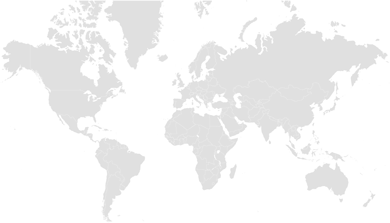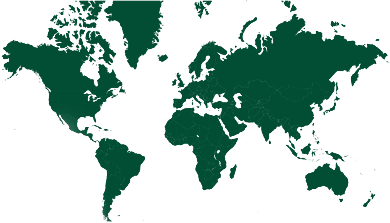Framework Software
2016 • Swiss Federal Institute of Aquatic Science and Technology (Eawag) Market Driven Approach for selection of faecal sludge treatment products
The Market Driven Approach (MDA) is a spreadsheet-based tool designed to identify faecal sludge treatment products with the highest market potential. It incorporates fieldwork and local market analysis to evaluate resource recovery options, including substitute products that can be replaced by faecal sludge products. The methodology combines quantitative market volume and growth analysis with qualitative adjustment factors like social acceptability and product efficacy. Tested in cities across Africa and Southeast Asia, MDA provides actionable insights for designing sustainable faecal sludge management systems tailored to local market contexts.
Recovered Materials & Products
Energy
Electricity
Solid fuel
Biogas
Fertilizer
Soil conditioner
Water reuse
Black soldier fly larvae
Waste Streams
Faecal sludge
Confirmed countries
Germany


What is this tool intended for?
The MDA tool identifies and evaluates faecal sludge treatment products with the greatest market potential to guide the design of sustainable treatment systems. It aims to optimize resource recovery by selecting products that meet local market demands while addressing public health and environmental risks.
How does this tool work?
MDA uses a step-wise methodology:
- Identify potential faecal sludge treatment products and their substitute products.
- Assess market volume (units sold and prices of substitute products) and market growth (historical growth data).
- Adjust market volume using qualitative factors like social acceptance and switching costs.
- Generate graphs to illustrate market attractiveness, enabling comparison among products. The tool is Excel-based, requiring interviews, field observations, and secondary data reviews for input.
Who might use this tool and with which types of stakeholders?
The tool is suitable for urban planners, engineers, economists, and decision-makers. It requires collaboration with local stakeholders, including industry participants, government officials, and market actors.
What stages of a process can this tool support?
MDA supports the planning and design phases of faecal sludge management systems, focusing on market evaluation for resource recovery products.
What skills, capabilities, and resources are required to use this tool?
Users need basic spreadsheet skills, knowledge of faecal sludge treatment, and access to local market data. Training or consultation with experts in market analysis can be beneficial.
Where can this tool be used?
The tool is globally applicable and has been successfully tested and applied in urban and peri-urban areas, including Kampala (Uganda), Bignona (Senegal), and cities in Vietnam. In Kampala, Uganda, solid fuel and protein were identified as products with high market potential. In Vietnam (Son La, Bac Ninh, and Ba Ria), fertilizer and protein products for aquaculture were evaluated, while in Bignona, Senegal, soil conditioners and animal fodder were found to have the highest market potential.
Get the Tool
The MDA tool is free to download from the Eawag website and it comes alongside resources such as an implementation guide and data collection templates
https://www.eawag.ch/fileadmin/Domain1/Abteilungen/sandec/publikationen/EWM/Market_Driven_Approach/data_collection_tool.xlsx
Learn more
Publication with the MD tool: Schoebitz, L., Andriessen, N., Bollier, S., Bassan, M., & Strande, L. (2016). Market driven approach for selection of faecal sludge treatment products. Eawag: Swiss Federal Institute of Aquatic Science and Technology, Dübendorf, Switzerland.
https://www.eawag.ch/fileadmin/Domain1/Abteilungen/sandec/publikationen/EWM/Market_Driven_Approach/market_driven_approach.pdf
Video demonstrating how to use the tool
https://www.youtube.com/watch?v=GpWgDiVbCUI
Technologies
Anaerobic digestion
Fly larvae treatment
Drying
Themes
Design
Business models